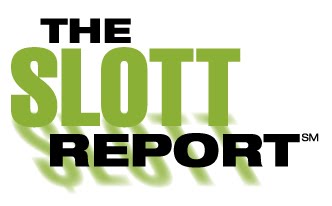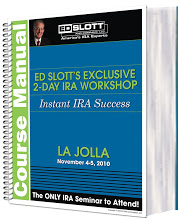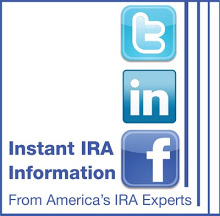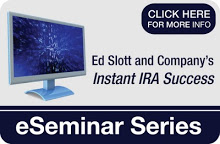Can you convert assets to a Roth 401(k)? We initially tackled this question in a September 22nd article posted here. Well...you need an update.
This question comes up from time to time and it came up again last week. Usually the answer is short and sweet - “No.” Last week the answer was maybe. On Monday, September 27, the President signed The Small Business Jobs Act of 2010 into law which does allow plan participants to convert plan assets to a Roth 401(k).
This provision is effective immediately but is optional on the part of the employer plan. The 401(k) (or 403(b)) plan must have a Roth component to the plan in order to allow the conversions. The plan participant must be able to take a distribution eligible for rollover from the plan to do the conversion. If you can do an in-service withdrawal, you can do a Roth 401(k) conversion. Conversions done in 2010 will be eligible for the two year income spread over 2011 and 2012. There are required distributions from Roth 401(k)s when the plan participant reaches the age of 70 ½. But perhaps the biggest drawback appears to be that there is no recharacterization provision for a Roth 401(k) or Roth 403(b) conversion. So if you convert $100,000 and the value drops to $75,000 six months later, there is no way out of paying the tax on $100,000.
An additional provision in this act makes Roth accounts and conversions available to 457(b) plans. However, this provision is not effective until January 1, 2011.
Plans will have to be amended to allow these provisions. Plans that will allow the conversions can start allowing the conversions immediately and be amended retroactively.
By IRA Technical Consultant Beverly DeVeny and Jared Trexler
------------------------------------------------------------------------------
Comment, Question, Discussion Topic on your mind? Click on the Blue Comment Link below and leave your thoughts then check back to see what other consumers and advisors think.
*Copyright 2010 Ed Slott and Company, LLC
Wednesday, September 29, 2010
Can You Convert Assets to a Roth 401(k)? Part II
Posted by
Ed Slott and Company, LLC
at
10:24 AM

 Labels:
401(k),
beverly deveny,
IRAs,
Retirement,
Roth IRAs
Labels:
401(k),
beverly deveny,
IRAs,
Retirement,
Roth IRAs
Subscribe to:
Post Comments (Atom)














1 comments:
I find the part about converting the 457 plan interesting. My understanding of a 457 is that it's a deferred comp plan, therefore it's only a promise to pay and is only backed by the full faith of the plan sponsor. The employer cannot deduct the salary expense until the compensation is paid out. However by allowing it to convert to a Roth, taxes would be paid by the employee on funds s/he doesn't actually own? And given the current state of many gov't pensions, if a plan fails (goes under) and a conversion has been made is it then possible to have paid taxes on money one will never receive?
Post a Comment